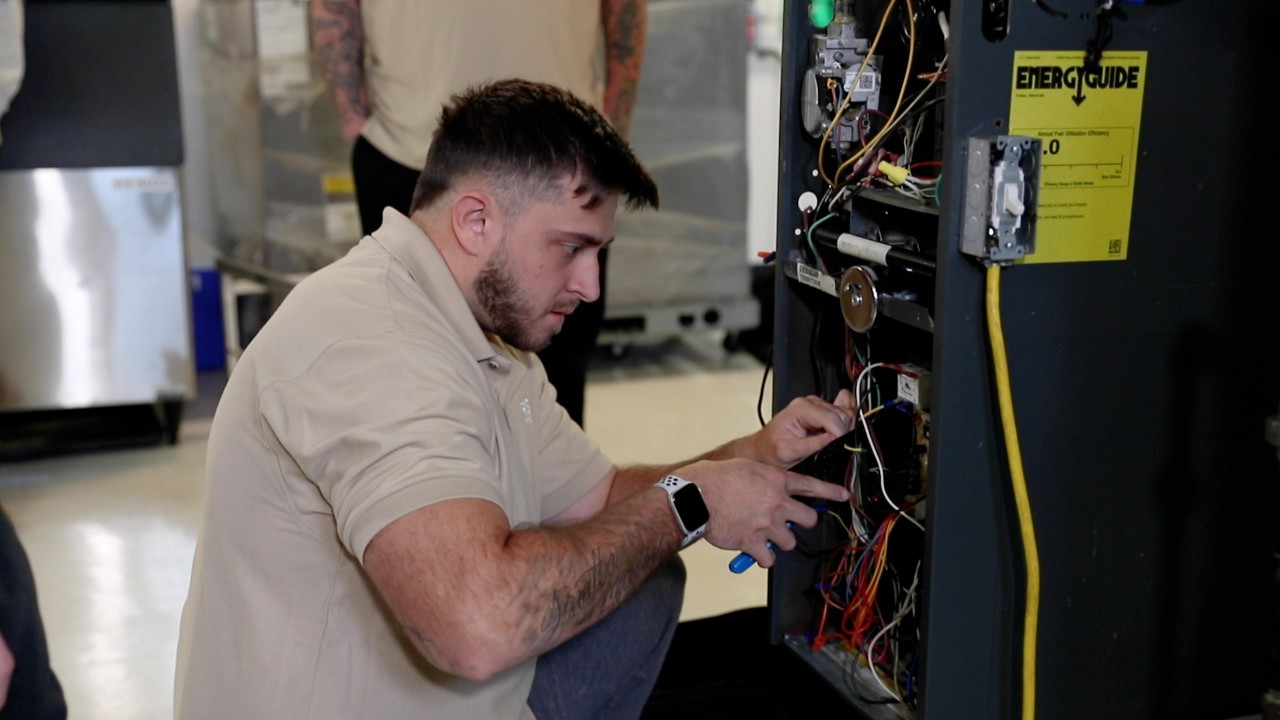Like in most industries these days, increased energy efficiency is the name of the game in HVAC technology, and that means new technologies for the consumer – and for the HVAC technician to maintain. One of the biggest trends is smart technologies, which are making automated homes and businesses a reality. Homeowners and business owners can control the environment with a voice command or no command at all if the smart system is designed to adjust automatically.
Here are 4 eco-friendly smart technologies that are shaping the world of HVAC. Technicians can expect to encounter them often as they grow in popularity.
Analysis software. Installing new HVAC systems isn’t cheap, and determining the best improvements for an existing system takes some analysis. Energy analysis software helps technicians determine costs and benefits before making upgrades. The software can predict the lifetime energy use of a building and how the cost savings of a particular HVAC system compares to another system.
Smart thermostats. These thermostats aren’t new, but they’re trending in popularity as home and business owners increasingly get on board. The Wifi-enabled devices don’t just pre-set the temperature. They allow customers to use voice commands to modify the temperature through smart home devices like Alexa or Google Home.
Smart vents. When you think of a vent, you might think of a little grate in the wall, like your dryer vent that vents hot air outside. Smart sensor vents do vent air into a room from the HVAC system, but they’re much more nuanced than a simple grate. Smart vents can detect when a person is in the room, and respond by opening to warm the room. If the vent doesn’t detect a person or the room is at its target temperature, the vent will close or stay closed. Smart vents are a technology that homeowners and business owners may ask about when they’re considering their HVAC needs.
Heat pumps. With a dramatic increase in popularity in the last few years, heat pumps are here to stay for the foreseeable future. Air-source heat pumps run on electricity, which can be generated by solar or wind for increased efficiency. Many homeowners prefer heat pumps these days to gas furnaces. Plus, customers can get a $2,000 federal tax credit for installing a new heat pump. Dual-fuel heat pumps, another option, run off gas and electricity. The system uses electricity for moderate temperatures but switches to gas when temperatures plunge below freezing, although newer heat pump technology can handle cold temperatures. Technicians will likely need be versed in working on various systems.
Fortis’s Heating, Ventilation, Air Conditioning and Refrigeration (HVAC-R) training program prepares students for entry-level employment as an HVAC technician, HVAC installer or HVAC mechanic. The training includes hands-on work in computerized diagnostics. If you have an interest in computer diagnostics, HVAC could be a field for you. Click here for more information or call 1-855-436-7847 to speak with an advisor today.


